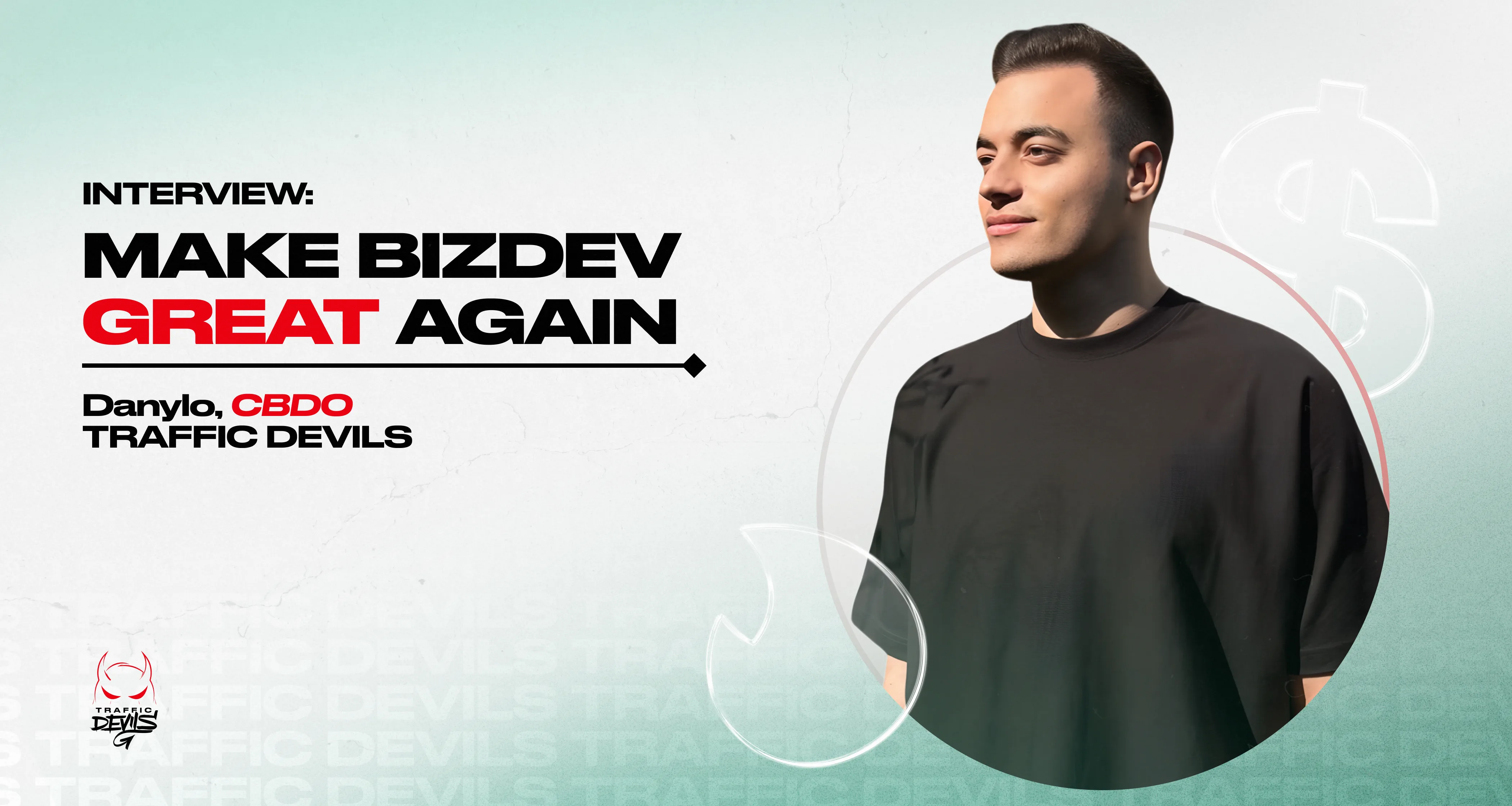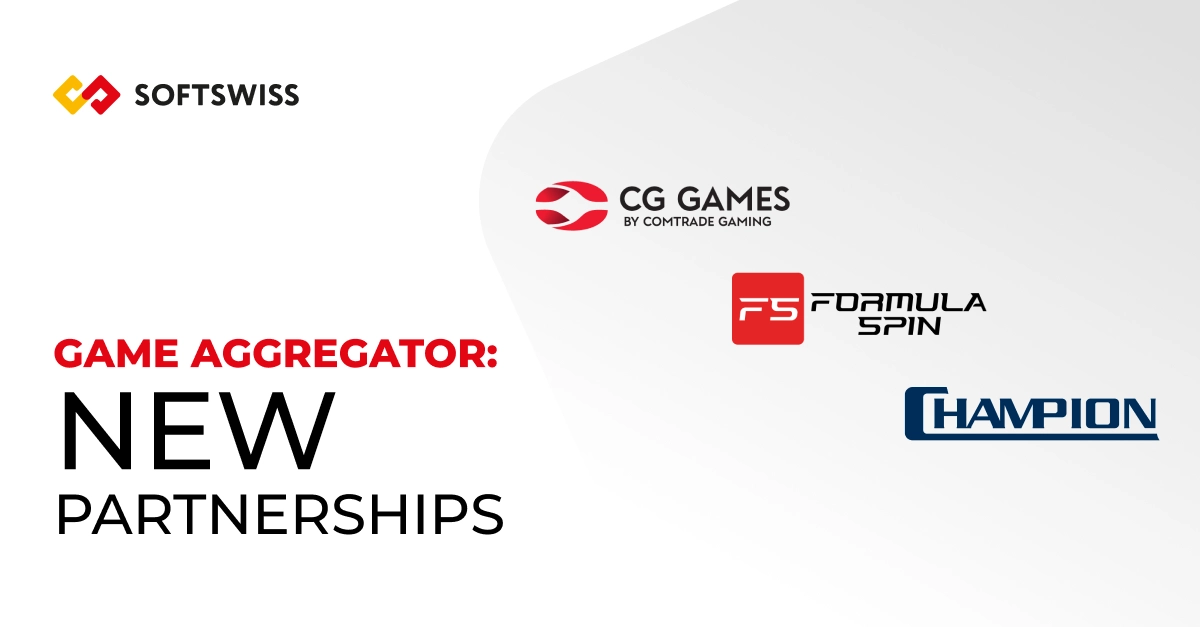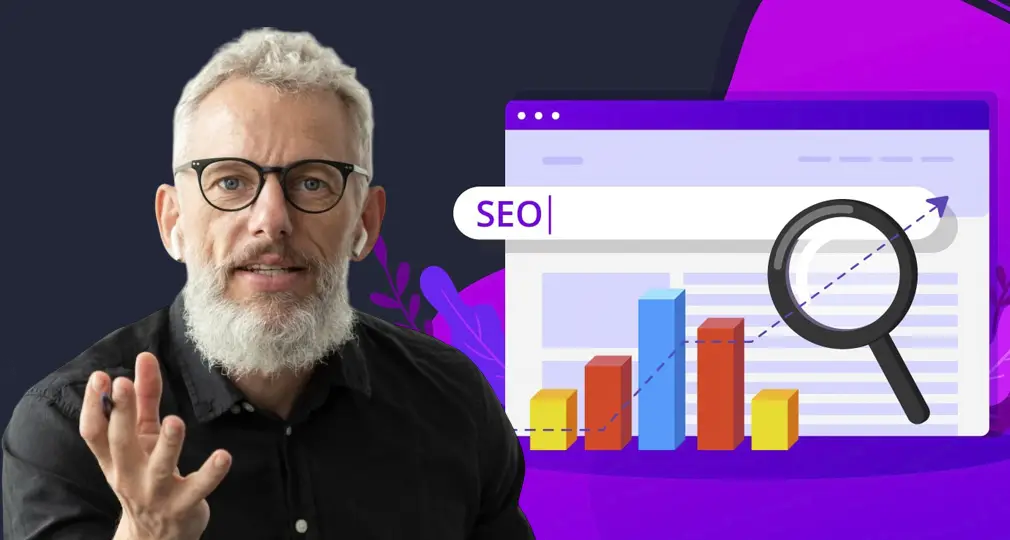The business development department in an affiliate is one of the most
important factors in increasing profits. For the department to truly live up
to its name, most companies will have to put in a lot of effort, 80% of
which will be spent on destroying the old inefficient structure. We will
learn how to do this, significantly increase it, and not go crazy, Today’s
speaker is Danylo, the head of the business development department at
TRAFFIC DEVILS.
Please tell us about yourself: what position you started with, what problems you faced, how quickly you grew to the position of CBDO, and how you came up with the idea to fundamentally change the logic of interaction between buyers and BizDev?
I started as a regular BizDev manager. For a year, I worked with all sources within TRAFFIC DEVILS, expanded my diverse expertise, and was active in all possible directions, projects, and teams to understand how to work with each type of source hands-on. Moreover, I kept in touch with my partners constantly. Due to this permanent proactivity, I naturally grew to CBDO in a year.
I had enough challenges. First, the growth of new advertisers was unstable. To change this, we created a separate sales subteam in the department.
Before I took over, the department was divided into two parts: BizDev and Support. The support team had a heavy workload, which was not delegated to anyone, and not all types of workload corresponded to the functions that should be assigned to support. The BizDev team was also overloaded due to a lack of staff. They had to combine the tasks of developing existing client portfolios with attracting new clients, which was not easy. Over time, we began to expand the department and add new roles to the team. We also restructured work schedules and optimised all processes.
Shortly afterward, we realised that we needed to add a position for webmasters and our internal teams as an account that would select offers.
One of the biggest problems was that the team worked 6–7 days a week and had no rest at all. However, over time, we removed this problem as well. The main help was in the diversification of roles on the one hand and strengthening the backup in the form of support on the other. And the growth of financial indicators in terms of the profitability of a unit of time spent on one conditional advertiser, of course, has also helped.
How have the team and the department changed since you joined, and what results have you achieved?
The structure of the department has changed, with a separate subteam now responsible for each process.
Currently, the team consists of 20 people. The department can be divided into 4 lanes: accounts, sales, support, and business development. All of these were designed as a self-sustaining system that does not require directive management in every small operational process.
As a result, we have accelerated the issuance of caps, the search for offers, the depth of partner processing, increased the budgets allocated to us, increased the time spent working with each partner to select the best web, the best team for the launch, accelerated the onboarding of new advertisers and, at the same time, made this onboarding more qualitative.
The number of mistakes made by employees has also significantly decreased.
How does the work of BizDev affect the performance of the buying teams?
BizDev affects the buyer’s ROI in one way or another. The department selects the proper offers, the ones that don’t get cut off, which will bring in a stable conversion rate and stable advertisers. Thanks to this, we can achieve good results together with buyers.
Scaling advertisers sounds cool, but we know that the average advertiser buys traffic from a bunch of sources and always pays for diversification because it is more secure. Most players tend to overcharge, and you don’t want to check this with your own ad experience, so how do you build relationships where you can build something that scales?
Foremost, to scale, you need a step-by-step funnel of each advertiser and a clear understanding of the budget that the advertiser can allocate to you. For the budget to be allocated to you personally, you need to build good relationships with the partner and efficiently cover their traffic needs in the GEOs required by the partner. In simple words, everything lives on trust. Start with small volumes, do the job flawlessly, and as you build relationships, the volumes will grow naturally. You don’t have to try to ‘snatch’ a bigger cap right away. The advertiser will be happy to scale up when they see that everything is good and reliable. Numerous dishonest players in the market, in fact, only contribute to this.
The best illustration of this principle is the fact that we had (and still have) many advertisers with whom we started with 100 deposits per month and after two months reached 5,000 deps as an average ‘working capacity’. If advertisers were not so willing to take risks with their diversification, such dynamics would not have been possible. However, as soon as you become a trusty company, growth is not a problem.
You have repeatedly mentioned that most of the processes in your department involve the creation of an ideal advertiser/offer-buyer combination. How does this selection work? How do you know who will be the perfect performer for a particular offer and vice versa, who will be the best counterparty for a particular buyer? Is there any matching protocol, or are these purely intuitive decisions made by accounts and business units?
When it comes to selecting offers for webs, we have internal information that gives us a clear understanding of which buyer will generate which average checks and for which GEO. Thanks to this, we always understand who is more effective for each of the new partners and even for each specific offer.
Simply put, we keep such detailed and up-to-date statistics on our buyers that it is more like a database. By setting a few conditions (GEO, vertical, budget, average check, LTV) we can easily get a split of ideal candidates to work with a new offer. All that remains is to manage their workload properly, though we are doing well with operational management, and an experienced specialist always understands his or her own cap well and can give feedback on how effectively he or she can work with a particular offer.
What innovative tool solutions are used in the team’s day-to-day routine? Specially written bots, custom dashboards, etc.
Dashboards for analytics, an internal system for requesting tasks within the department, and bots that provide answers to certain tasks. That is all the tools that allow us to work efficiently. And there are countless
unique analytics tools that we use, most of which can be easily customised to suit your needs and create exactly the tools you need for your types of tasks.
You can only be innovative in the market concerning someone else. How do you monitor the activities of competitors and analyse their work? How do you use this analysis in your own business development practice and implement it into regular processes?
When it comes to competitors’ activities, of course, we analyse the structures of other teams. We pay attention to how they work. Firstly, we pay attention to feedback from partners and comments from colleagues in the market.
In my opinion, the main mistake is to put too much responsibility on one person: when one employee is responsible for managing teams, managing advertisers, and finding new partners. This is a common mistake that is based on the ideology of management as a whole, not on the nuances of micro-control in any particular department.
Of course, each of the companies has its interesting solutions that they implement within their departments.
It is important to understand that when building a department, our priority is not a team of individual stars, but a star team that works as a single, fine-tuned mechanism.
Analysing the affiliate market, what do you think is missing in the work of sales/businesses? And what, on the contrary, would you advise following? What next steps do you plan to take to expand your department/results?
I would recommend constantly analysing the market, its trends, partners, and building win-win relationships without any back-and-forth. It’s important to look for compromise solutions and work for the long-term, rather than focusing on a quick result like: ‘did driving, got the money, goodbye’.
Read More: The Best Traffic Arbitrage Teams














